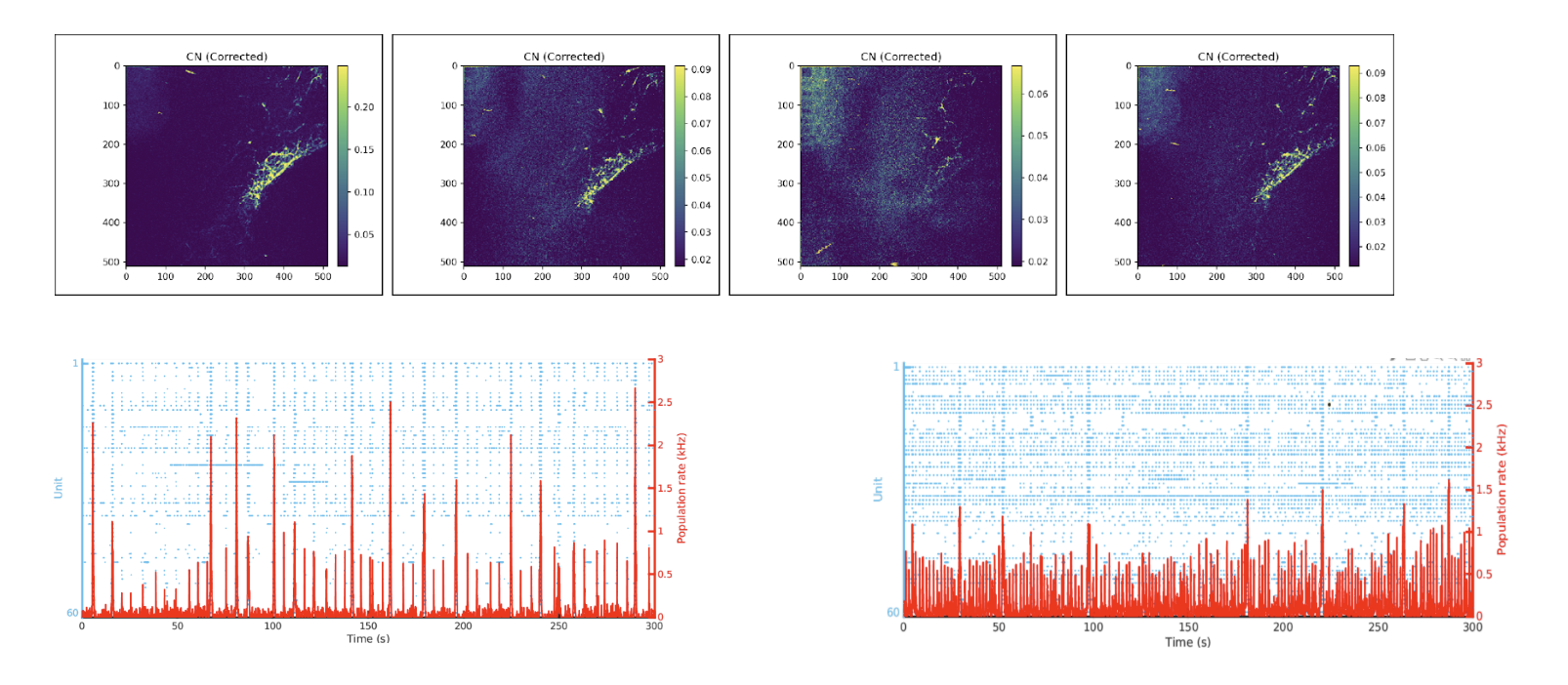Testing the conjecture that quantum processes are necessary to create conscious experience
Overview:
This study aims to provide compelling evidence that quantum biological processes play a role in the emergence of consciousness by examining how differences in nuclear spin affect the anesthetic properties of Xenon isotopes.
Abstract:
An attractive conjecture is that consciousness is created by quantum processes. Anesthetics are a highly specific probe for the study of consciousness; their property of perturbing consciousness leaves the physiology of the body relatively unaffected. We have proposed that human brain organoids subjected to the anesthetic gas, xenon, can serve as a heuristic to explore the conjecture by experimentally detecting the spikes and waveforms used in the brain to encode thought and experience. Brain organoids display activity patterns that resemble the brain and can putatively function as a framework for encoding if the organoid were linked to some form of experience. Taking advantage of xenon isotopes, a differential effect due to a specific xenon isotope would suggest an ability of human neural tissue to discern quantum properties. As an initial step, the images below show the effects of natural xenon (a mixture of isotopes) on organoid electrical activity. The upper set images neuronal activity with a calcium dye at increasing concentrations of xenon in the first three panels and then wash-out in the fourth panel with restoration of the neuronal activity. The left lower set records electrical activity in the control and the right shows loss of the burst pattern due to xenon.

Broader Impact:
By establishing a link between quantum processes and consciousness, our research could enhance both of these poorly understood fields. This will pave the way for novel therapeutic strategies for mental disorders and enhance cognitive or experiential abilities through the future development of novel brain-computer interfaces. Support for a role of quantum processes in consciousness would challenge existing paradigms, opening new avenues of research in neuroscience, quantum physics, and beyond.